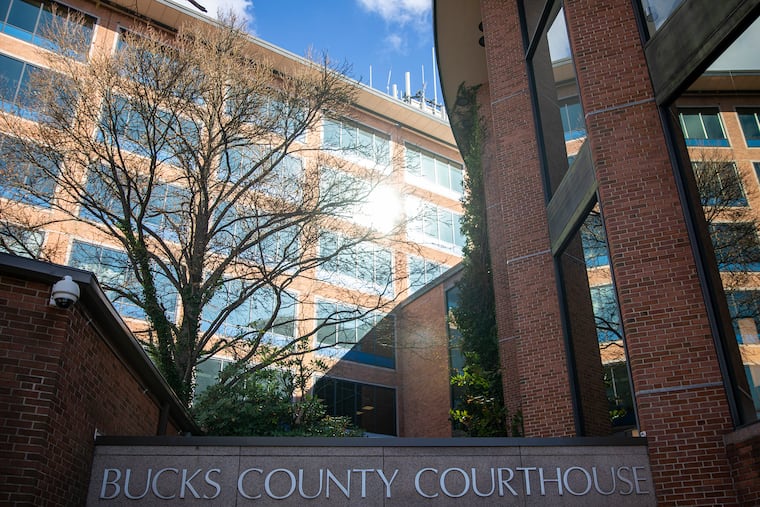A Bucks County jury awarded $26.6 million to five scientists after long legal feud with their mentor and former boss
The verdict is among the largest awarded by a Bucks County jury in recent history.

A Bucks County jury ordered a Bensalem-based pharmaceutical company, Sigmapharm Laboratories, and its founder to pay $26.6 million to five former employees for firing them improperly in 2014. The verdict is among the largest awarded by a Bucks County jury in recent history.
The civil verdict is the latest turn in a decade-long dispute between company founder Spiro Spireas and the five scientists who used to work for Sigmapharm Laboratories, which specializes in the development of generic medications for diseases such as hepatitis C and psoriasis.
» READ MORE: Johnson & Johnson is suing a former Philly-area employee, saying he took trade secrets to Pfizer
Spireas fired the scientists, claiming they threatened to force him to give them a greater ownership share. He then sued his former employees to block them for taking positions with competitors, alleging that their behavior cost his company close to a billion dollars. The scientists filed a lawsuit in response, alleging wrongful termination and demanding compensation they lost when they were fired.
The two competing lawsuits were considered by the jury during one trial. Jurors rejected Sigmapharm’s claim that the former employees breached their contract and stole trade secrets, and instead found that the scientists were wrongfully terminated.
“This trial set the record straight and vindicated all of our clients,” said Maurice Mitts, founder of Mitts Law, who represented one of the scientists.
The lawyers for the scientists say the $26.6 million award is the largest in Bucks County history. The Bucks County Court of Common Pleas was unable to confirm that.
Sigmapharm and Spireas are appealing the verdict.
From mentorship to court
Spireas fired the five scientists, all executives at the company, in September 2014 after a dispute over their compensation, according to court records. The company said the employees threatened work slowdowns and to leave as a group if they didn’t receive more ownership shares in the privately held company.
Upon their firing, Sigmapharm sued the scientists that day to ensure that they would not take positions with competitors.
The scientists responded with their own lawsuit against Sigmapharm and Spireas, alleging wrongful termination. They say they had followed Spireas, who taught four of the five scientists at Long Island University, to his new start-up because he promised each would receive a 5% to 10% share of the company.
After a year at the company, the scientists signed a written contract that gave them only 1% to 3.5% of the company’s shares, which they would lose if their jobs were terminated for cause. Once the company became profitable, a dispute between the parties emerged.
“They asked their ownership share to be honored, and instead he fired them and sued them,” said Gavin Lenz, a founding partner of Bochetto and Lentz, who represented four of the five scientists.
The jury sided with the scientists in a late April decision. The judge calculated the award for the scientists in early May based on their seniority at the company.
The vast majority of the $26.6 million award is punitive damages against Spireas. These type of damages are meant to punish egregious behavior, as opposed to compensatory damages, which are meant to compensate a plaintiff.
Timothy Myers, an attorney with the Elliott Greenleaf law firm representing Spireas, asked the court reduce to zero the amount that Spireas owes. He said that it is unusual for a jury to award high punitive damages without any compensatory damages, which is now the crux of his appeal.
“There are no issues of public policy or safety. It is a private breach of contract dispute,” Myers said in an email. “We are therefore hopeful that the Courts will address this disparity.”
Sigmapharm’s general counsel, Mary Kohart, declined to comment beyond noting that the company is appealing.